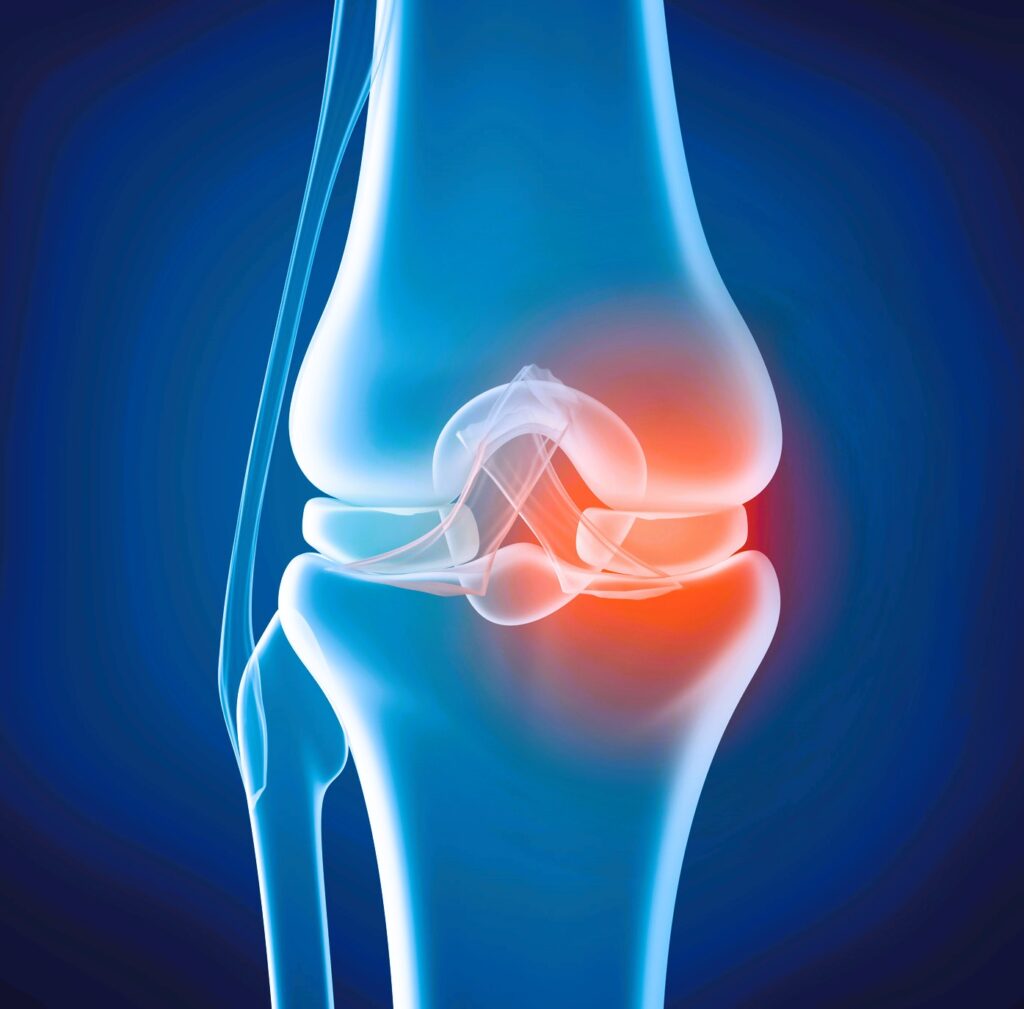Alexandria, VA, February 25, 2016 – An innovative investigation concludes that individuals undergoing total knee replacement (TKR) surgery and referred to a physical therapist (PT) unaffiliated with their surgeon’s practice receive fewer consultations and benefit from more tailored, one-on-one attention. Conversely, the study revealed that those who avail of physical therapy services from a facility owned by their surgeon undergo twice as many consultations and are subjected to a less individualized regimen.
Published online ahead of print in the scientific periodical Health Services Research, the study analyzed whether the trajectory of physical therapy treatments undergone by TKR patients varies based on whether the orthopedic surgeon (OS) has a financial interest in physical therapy services, commonly referred to as physician self-referral. Researchers examined 3,771 TKR episodes, of which 709 (18.8%) were classified as self-referral cases. Among the remaining 3,062 episodes identified as non-self-referral (NSR), 2,215 (72.3%) involved patients whose OS, who performed the TKR, had no ownership stake in physical therapy services. For the remaining 847 NSR episodes, the OS possessed an ownership stake in physical therapy services, but the patient sought treatment elsewhere.
Key discoveries included:
- Episodes of care dispensed by a physician-owned physical therapy practice extended by one week.
- TKR patients treated at a facility owned by their OS underwent an average of 8.3 additional (or twice as many) PT consultations compared to those treated at a facility where their OS had no financial interest.
- In instances where there was no financial inducement for the OS owner, episodes of care closely resembled those administered in a non-physician-owned facility, underscoring the correlation between financial gain and treatment trajectory.
- Patients receiving care at a non-physician-owned facility tended to receive more personalized attention than those self-referred to their physician’s physical therapy services. Patients who self-referred for treatment received less intensive interventions and were subjected to more group therapy, necessitating additional consultations and potentially prolonging recovery time.

“The presence of referral-for-profit, particularly evident in group therapy sessions and an increased number of consultations, suggests a heightened risk that patient-centric needs take a backseat to financial considerations. This has long been a focal point of concern for the American Physical Therapy Association (APTA), and underscores our staunch opposition, alongside our collaborators in the Alliance for Integrity in Medicare Coalition, to physician-owned physical therapy services (POPTS),” remarked APTA President Sharon Dunn, PT, PhD, OCS. “This study furnishes additional evidence that prioritizing financial interests in healthcare invariably compromises patient well-being. The paramount concern of treatment should always be the patient’s welfare and recovery.” Read the article about how patients shouldn’t be predisposed to disliking us at this link.
Beyond the clinical implications, authors argue that their study bolsters the case against the in-office ancillary services (IOAS) exception to the Stark laws—federal statutes that largely proscribe self-referral practices in Medicare. IOAS permits physicians to self-refer for certain “common sense” or same-day treatments; regrettably, it also introduces loopholes for services rarely rendered on the same day, including physical therapy, anatomic pathology, advanced imaging, and radiation therapy. Researchers assert that most studies on these exemptions arrive at the same conclusion as their own: “self-referral leads to heightened service utilization and increased healthcare expenditures.”
The research received funding from the Foundation for Physical Therapy and was authored by Jean M. Mitchell, PhD, James D. Reschovsky, PhD, and Elizabeth Anne Reicherter, PT, DPT, PhD. Reicherter, currently affiliated with APTA, was associated with the Department of Physical Therapy and Rehabilitation Science, University of Maryland School of Medicine, Baltimore, MD, during the study’s execution.
The American Physical Therapy Association represents over 93,000 physical therapists, physical therapist assistants, and physical therapy students nationwide. For more information on the conditions physical therapists address and to locate a physical therapist in your vicinity, visit thread from reddit. Follow Move Forward PT on Twitter and Facebook.




